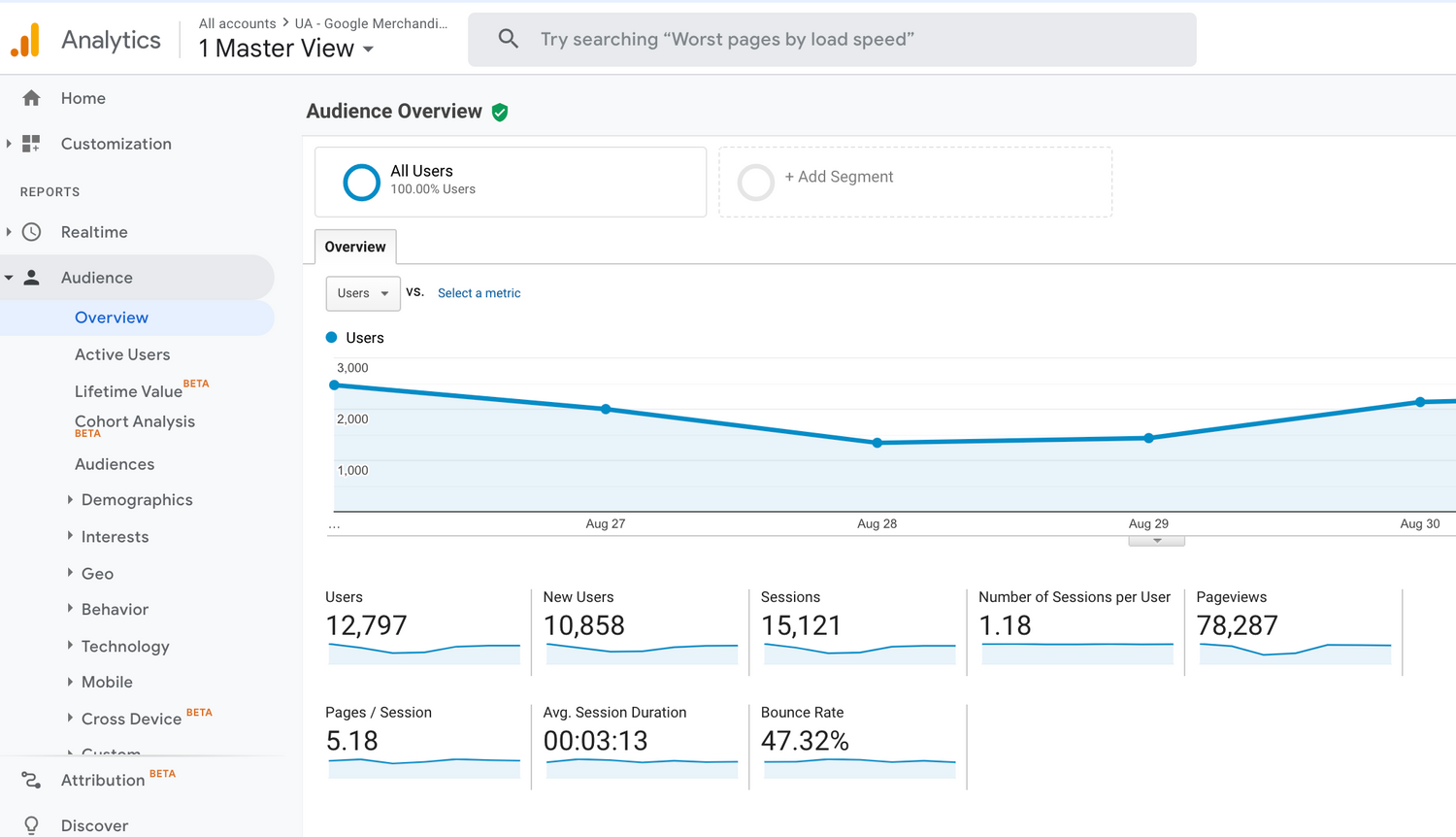Search engine optimization can be one of the highest-yield investments you make in your brand. But if you’ve spent much time with SEO, you know it’s both an art and a science.
Emphasis on “science.”
Because let’s be candid. A thoughtful, beautifully-written piece of content won’t pay the bills.
What will make you more money is more qualified website traffic. Crafting elegant content that’s backed by research and data will help you earn that traffic. And that’s what SEO is all about.
What are SEO tools?
It’s nearly impossible to nail the data-driven aspect of SEO without tools. SEO tools help you effectively deploy SEO techniques for your website. They provide research and insights to help you focus your SEO efforts instead of just shooting in the dark.
What is the most effective tool for SEO?
Although some platforms claim to be a “one-stop shop” for SEO, most marketers use a variety of tools to carry out their SEO strategy. The best tool for the job depends on your goal.
What kinds of research should drive your SEO plan? There are three big ones:
- Current content performance
- Competitor research
- Keyword research
Here are the tools we recommend for each.
To evaluate current performance:
One of the best predictors of future performance is past performance. For assessing your current content’s performance, Google’s free products can provide all the insight you need. Use Google Search Console to learn which queries are already bringing users to your site. You can also see which keywords are earning impressions but have a low click-through rate. These are golden SEO opportunities.
To see which content is getting the most traffic and engagement, check out the reports in the Engagement tab of Google Analytics. Google Analytics has a learning curve, but you’ll get the hang of it after spending a bit of time with it. For step-by-step resources to mine meaningful data in GA, we love Analytics Mania.
For competitor research:
Knowing who your competitors are and what they’re doing is foundational for SEO. This information helps you determine where you need to cover the same bases as your competitors. And more importantly, it can uncover content gaps that are opportunities for your brand to shine.
For competitor research, you’ll want a third-party SEO search tool. SEMRush’s competitive research tool allows you to find some information for free. In most cases, you’ll need to pay for a tool to get substantial competitor data.
For keyword research:
Keyword research is an essential step in developing an SEO marketing strategy. The more you know about what your target audience is searching for and which terms they’re using, the better your keywords will perform.
Ahrefs has an excellent free keyword generator that can get you started. Just enter a keyword to see useful metrics like search volume, traffic potential, and keyword difficulty.
What 3 Google tools would you use for SEO?
If paying for sophisticated SEO tools is outside your budget at the moment, you can accomplish a lot with these three Google tools.
1. Google Analytics
Once you’re comfortable in GA, a world of valuable data opens up. Of course, you can see how users are engaging with your existing content. Here are a few other ways to use it for SEO:
- Measure the quality of your organic search traffic with Conversion rates and Assisted conversions.
- See what users are searching for with your native site search to identify content gaps and opportunities.
- Use UTM parameters for every backlink to track its traffic volume in GA.
- Review your organic traffic’s demographic information to make sure your SEO work is pulling in your target audience.

2. Google Search Console
GSC isn’t as notorious as its cousin Google Analytics, but it has a wide range of uses in SEO. In addition to query data, it also tracks backlinks to your site. This information is a great place to start when targeting publications to build future backlinks.
Google Search Console can help you identify technical issues that might impact your site’s search rankings, like broken links, duplicate content, and crawl errors. It will also alert you of any potential security issues such as malware or user-generated spam.
3. Google Keyword Planner
Many marketers use Google’s keyword planner for paid search campaigns, but you can also use the data for SEO. You can even enter your website to see examples of SEO keywords that match your existing content.
Build your data-driven strategy with SEO tools
An SEO strategy without data is… well, it’s not much of a strategy at all. Like many of the finer things in life, SEO strikes a balance between art and science. Between the tangible and the intangible. Luckily, there are lots of SEO tools out there to help you with the research portion of your plan.
